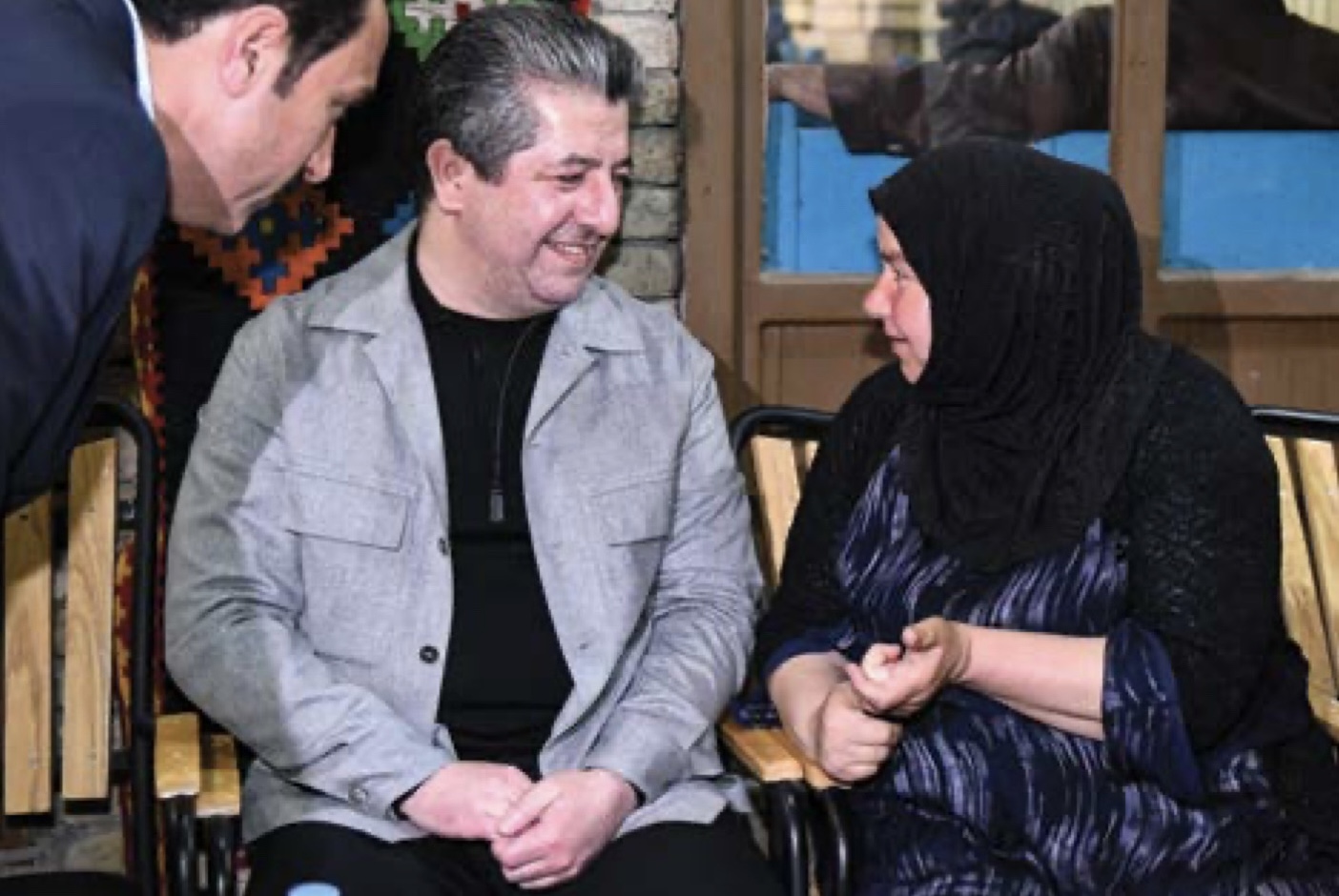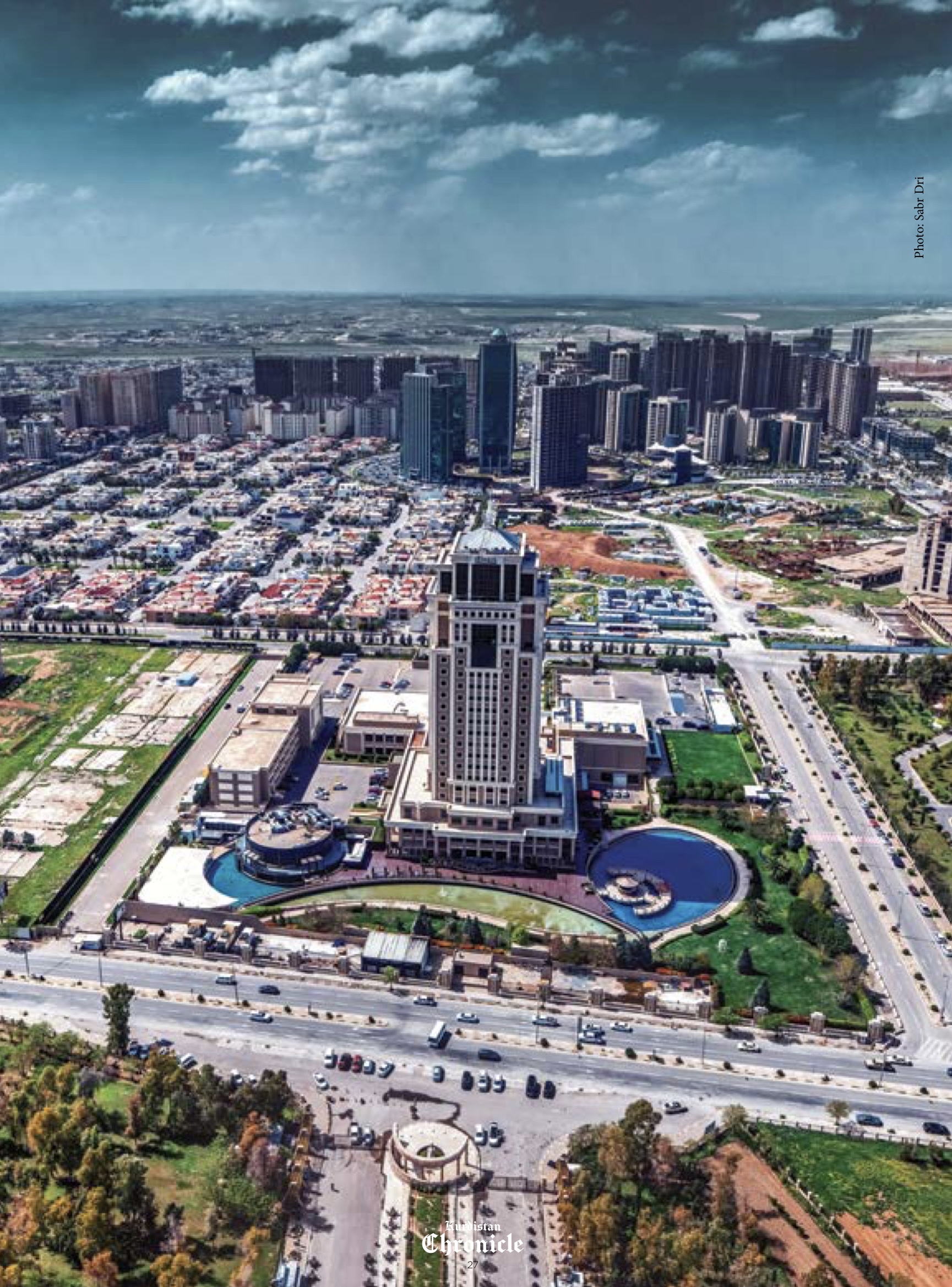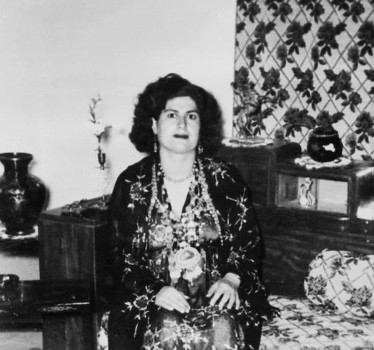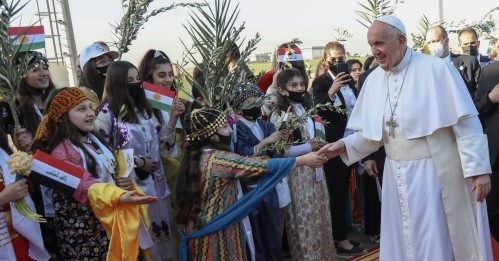The Ninth Cabinet of the Kurdistan Regional Government (KRG) has undertaken significant efforts to enhance the enforcement of laws and directives. This commitment is particularly evident in the management of public finances, which has undergone noteworthy advancements across all tiers of government. In the short term, the government has adopted various mechanisms and techniques that aim to streamline how it operates. In the medium and long term, these reforms are anticipated to result in a significant upgrade in the KRG's governance in alignment with contemporary international benchmarks.
A pivotal aspect of this endeavor is the introduction of the "one-stop shop" concept across several government institutions. Beyond simplifying administrative processes and diminishing bureaucratic hurdles, this approach is anticipated to reduce corruption as well. These reforms and innovations have materialized through the collaboration between the private and public sectors in the administration of public entities.

PM Barzani casually interacts with citizens during a visit to the local Bazaar in Erbil on April 18, 2023
Decentralization and digitization
The government oversees key sectors of the economy – including housing and electricity production – that are partly managed by the private sector. It is worth underscoring that private sector management of these activities removes a large burden from the government, freeing up resources to deploy where they are most needed.
To foster this objective, the government provides land and a variety of financial incentives to both domestic and international investors. Alongside addressing housing, electricity, and other critical sectors, these initiatives generate employment prospects and promote the growth of small and medium-sized businesses in interconnected fields. In numerous ways, these endeavors contribute to advancing economic development in the Kurdistan Region.
Decentralization has also been a key focus of the Ninth Cabinet’s efforts. This has entailed the devolution of greater financial and managerial authority to towns and communities. By doing so, the government aims to foster more localized decision-making and resource allocation, ultimately leading to improved governance at grassroots levels.
While governments are not profit-driven entities, the KRG has placed a significant emphasis on the management of public finances to fulfill its commitment to transparency and efficient resource allocation. The collective impact of these measures is expected to propel the government forward and has already led to a more sustainable and positive trend in the KRG’s fiscal deficit.
In a recent development, the KRG launched a digital payment initiative known as "Hajmari Min," with the aim being to digitize the payroll processes for over a million public employees and retirees in the Kurdistan Region. Additionally, this program will transform the role and functionality of banks from simply disbursing government payrolls to offering a range of modern and conventional services.

Enhancing governance, combating corruption
Recognizing the intricate nature of institutional reform, the KRG has pursued a multifaceted strategy that encompasses various developmental phases. The implementation of these reforms is geared towards fortifying administrative functions and includes strategic planning, institutional restructuring, and resource coordination. The primary goal is to enhance governance while combating corruption.
For decades, there has been significant pressure to overhaul the legal framework. The Kurdistan Parliament and KRG have both introduced numerous contemporary laws and directives. Regardless of the potential efficacy of these legal instruments, the crucial aspect lies in enhancing their enforcement and ensuring that the changes carry lasting effects.
Institutional reform is not a straightforward journey with predefined objectives. It extends beyond the mere creation of a reform strategy. A distinctive and efficient approach might entail embracing multiple iterative models inspired by the experiences of nations engaged in analogous reforms. To achieve this, studies should employ comprehensive comparative case analyses, which illuminate a spectrum of successful, unsuccessful, and mixed outcomes for various reforms.
It is crucial to acknowledge that sorting priorities is a complex undertaking and that the process of implementing reforms may span years, if not decades. Drawing from recent insights, the foundation of successful institutional reform involves a more profound undertaking: the establishment of a resilient framework that bolsters the private sector, aligning it with strategic economic development objectives.
Of particular significance are those efforts that embrace digitalization within contemporary governance frameworks. The primary aim is to streamline and structure governmental institutions towards fostering a service-oriented administration, while cultivating an environment that nurtures both social and economic advancement.
Should the ongoing reforms persist over the upcoming four-year period, culminating with the establishment of the Tenth Cabinet following the general elections scheduled for February 2024, it is unequivocal that the KRG will unearth a robust pathway towards an enhanced and more prosperous Kurdistan Region.
As the reform trajectory extends into the next quadrennial phase, there stands a resolute conviction that the KRG will unveil a substantial foundation for reform that is conducive to advancing the Kurdistan Region into greater affluence and progress.
Dr. Mahmood Mahmood
is an Economist and holds a PhD from the University of Erlangen, Germany. He has worked as researcher at the center for Iraq Studies in Erlangen – Germany. Mahmood Mahmood

